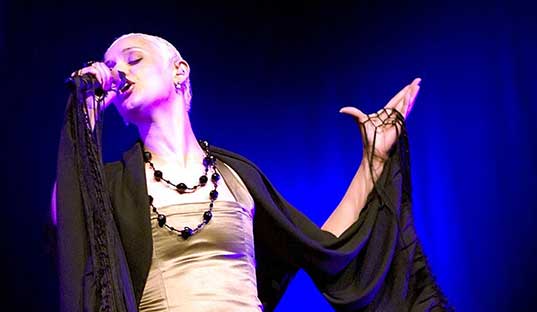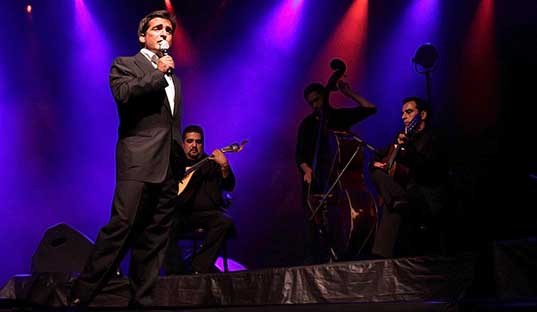Culture in Lisbon - Fado
The true "lisboeta" (person from Lisbon) soul is to be found truly and deeply in Fado. Love, fate, sadness, nostalgia... feelings whispered on a strong, but gentle, voice that can never be explained but only felt...
Who never heard of Amália, Lisbon's queen of fado? Fado is Lisbon, is the narrow old quarters, is its people... past, present and future... From the old days, voices like Maria da Fé, Maria Severa, Carlos do Carmo and Cidália Pereira came together with new talents and new forms of expression brought by Camané, Mísia, Mariza and Mafalda Arnauth, among many others.
Although its origins remain a mystery, it's thought that fado originated in sailor's bars in Lisboa towards the end of the 18th century. The pain of those who watched their loved ones depart for the discoveries, without knowing if they would see them again, could have been the starting point for this sentimental song genre. Its name comes from the Latin 'fatum', meaning fate.
From the last quarter of the 19th century it was adopted by the aristocrats to express their romantic feelings using the words of great Portuguese poets and writers and became linked to the word "saudade" (a longing for home and familiar places). In the fado, the singer - the fadista - stands dressed in black in front of the audience and behind the fadista are the musicians playing the wonderful "guitarra portuguesa" (portuguese guitar). They sing of their loves, of their city, or the miseries of life, critical of society and its politicians. When the fadista sings a hush falls over the room and no food is served.
Those who love the fado have an almost worshipful relationship with it. The old and the new, but always Fado, is to be listened to in silence, while you taste a Caldo Verde and nibble at a slice of chouriço on a chunk of cornbread.
Want to listen to Fado? Check our What’s On guide for more information
Tiles - Fado - Architecture














